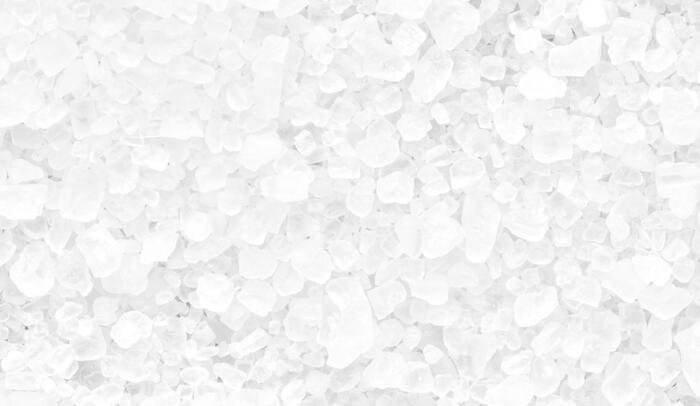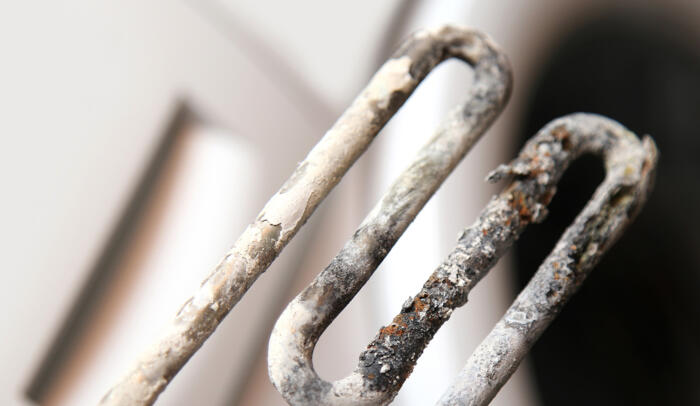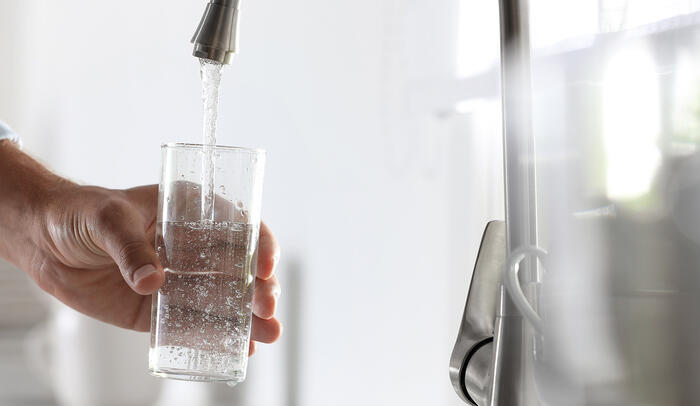What is a water softener and how do you choose the best salt?
Did you know that one millimetre of limescale deposits in a hot water appliance quickly reduces its efficiency by 10%? This is just one good reason to install a water softener in your home. But which water softener salts are the best for your situation? We help you to choose from the huge range on offer.
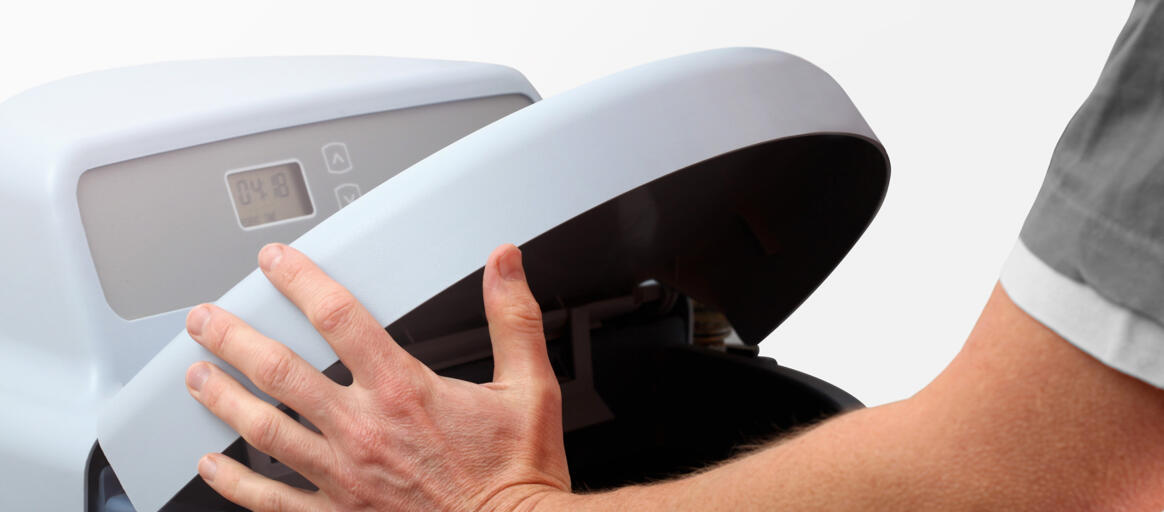
Do not mix different types of softener salt into your salt container and regularly add SOFT-SEL Resin Cleaner.
Hard water: harmless for you, harmful for your appliances
Many regions are affected by 'hard' mains water. This means that the tap water contains high concentrations of calcium and magnesium carbonate. This is not harmful to health: the worst that can happen is that you have drier skin after showering or a less shiny head of hair. But your household appliances, boiler, taps and pipes suffer a lot more. When hard water is heated or evaporated, limescale forms. The result?
- Your appliances do not work as well, consume more energy and break down more quickly.
- Pipes get clogged up and unpleasant odours occur.
- Your taps begin to leak.
- You need to use more detergent.
- You need to buy a range of descaling products to keep everything clean and tidy.
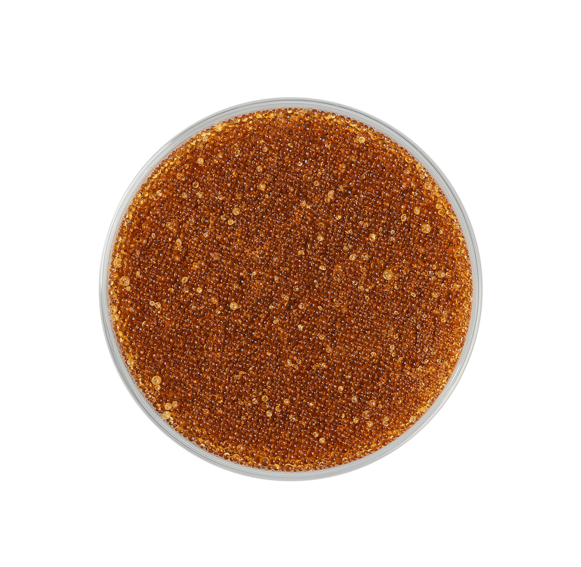
From hard to soft water thanks to one device
Fortunately, there is a simple solution: the water softener. This device - which is connected to your water supply - works according to the principle of ion exchange. The water is passed through a tank filled with resin pellets. These pellets capture the calcium and magnesium ions (which cause the limescale) and replace them with harmless sodium ions. Whenever the resin pellets become saturated, they are rinsed in a brine solution. This process is called regeneration. The calcium and magnesium ions are then flushed away, and the resin pellets are once again ready to make the water soft.
How do you choose the right water softener?
If you type the term water softener or hard water filter into Google, you immediately see that there is a huge range on offer. In order to choose the right device, you need to know three things.
- What is your water hardness? A water softener is only really useful from 22 French degrees or 12 German degrees onwards. You can check the water hardness in your municipality via your water company.
- What is your total water consumption? A family of six needs a larger water softener than a person living alone. As such, choose the right size based on your water consumption. In any case, we advise you not to buy a device which is too small: make sure that the flow capacity is at least 3 m³/h and choose a water softener with a sufficiently large exchange capacity (the length of time the device can operate without having to regenerate).
- What are your consumption patterns? If you regularly go on holiday or have highly variable water consumption, it is best to choose an electronic device. These precisely control the regenerations, based on the detected consumption. For families with more predictable consumption, a (cheaper) time-controlled system which regenerates at set times is sufficient.
What kind of salt should you choose for your water softener?
Naturally, you also need to check what kind of salt you can use. After all, there are tablets, crystals and blocks. Do you want the water softener to be in good working order? Then don't choose the cheapest salt. Pure salt with a hard grain, not much salt dust and no additives will give the best results. All the softener salts of the SOFT-SEL range (salt crystals, softener salt tablets, granular softener salts) comply with the European standard 973 type A, meaning that they are of the highest possible purity. For the best price-quality ratio, SOFT-SEL CRYSTALS are undoubtedly the best choice.
Last but not least, do not mix different types of softener salt into your salt container and regularly add SOFT-SEL Reasin Cleaner. This product removes the iron and mineral residues from the ion exchange resins and stops undesirable microorganisms developing.
